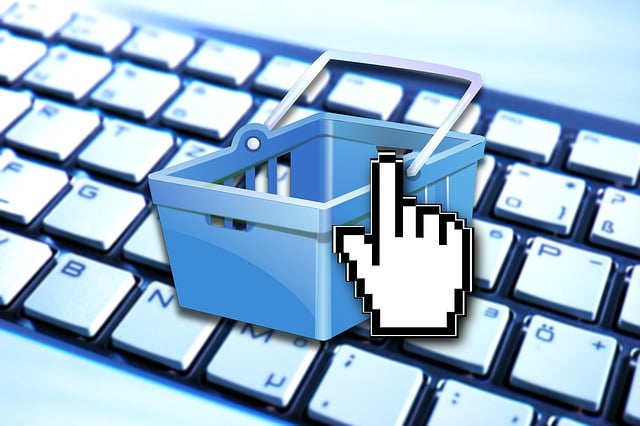The AI Assistant for Campaigns automates marketing tasks, provides real-time data insights, and enhances performance through predictive analytics and natural language processing. Integrated into ecommerce platforms, it drives sales via chatbot marketing. Tracking both quantitative (CTR, ROAS) and qualitative (customer engagement, sentiment analysis) metrics is crucial for maximizing return on investment and optimizing strategies in real-time.
In today’s digital landscape, an AI assistant for campaigns is a game-changer. These intelligent tools monitor performance metrics, providing data-driven insights that optimize strategies and drive success. Understanding how to leverage these assistants is crucial for navigating the complex world of campaign management. By selecting relevant metrics and utilizing insights effectively, marketers can enhance efficiency, improve ROI, and achieve better outcomes. This article explores these key aspects, from understanding AI assistants to optimizing strategies with real-time data.
- Understanding AI Assistant for Campaigns
- Selecting Metrics for Performance Tracking
- Optimizing Campaign Strategies with Data Insights
Understanding AI Assistant for Campaigns

An AI Assistant for Campaigns is a cutting-edge technology designed to revolutionize the way marketing teams manage and optimize their campaigns. This intelligent tool leverages artificial intelligence algorithms to monitor, analyze, and interpret vast amounts of data in real-time, providing valuable insights that can significantly enhance campaign performance. By automating various tasks such as customer behavior tracking, A/B testing analysis, and predictive analytics, the AI Assistant for Campaigns ensures marketers have accurate, up-to-date information at their fingertips.
This technology goes beyond basic data collection by integrating advanced natural language processing capabilities, enabling seamless communication with marketing professionals. Marketers can interact with the assistant to gain quick answers to specific questions, receive personalized recommendations, and make data-driven decisions more efficiently. Furthermore, its integration in ecommerce platforms enhances customer experience through chatbot marketing, offering instant support and product recommendations, thus driving sales and improving overall business outcomes. Ecommerce ai and automation are key components of this revolution, ensuring campaigns are not just executed but optimized for maximum return on investment.
Selecting Metrics for Performance Tracking

When it comes to selecting metrics for tracking performance with an AI assistant for campaigns, the choice should align with your campaign objectives and key results (OKRs). A well-rounded approach involves a mix of quantitative and qualitative measures. Quantitative metrics such as click-through rates (CTR), conversion rates, cost per acquisition (CPA), and return on ad spend (ROAS) provide hard data on campaign effectiveness. On the other hand, qualitative metrics like customer engagement, sentiment analysis, and brand mentions help gauge public perception and emotional resonance.
For instance, a sales chatbot could monitor not only the number of leads generated but also average conversation length and customer satisfaction scores. An AI workflow designed for marketing campaigns can thus offer a holistic view by integrating both these quantitative and qualitative aspects. This allows marketers to optimize their strategies in real-time, leveraging the insights provided by the AI assistant for campaigns to enhance overall campaign performance.
Optimizing Campaign Strategies with Data Insights

An AI assistant for campaigns is a game-changer when it comes to optimizing marketing strategies. By continuously monitoring performance metrics, this advanced technology provides data-driven insights that help marketers make informed decisions. For instance, an AI assistant can analyze customer engagement rates, conversion paths, and even predict future trends based on historical data. These valuable intelligence allows businesses to fine-tune their campaign strategies in real time, ensuring every move is tailored to maximize ROI.
In the realm of ecommerce automation, this technology can be particularly beneficial. By integrating with chatbots and AI funnels, it enables personalized interactions with customers, improving user experience and driving sales. For example, a chatbot powered by an AI assistant could offer targeted product recommendations based on browsing history, while an AI funnel could optimize checkout processes by identifying potential drop-off points and implementing solutions to reduce cart abandonment.
An AI assistant for campaigns is a game-changer in the digital marketing landscape, offering efficient performance monitoring and data-driven insights. By selecting key metrics and optimizing strategies, marketers can enhance campaign effectiveness and achieve better results. This technology revolutionizes how we navigate the complex world of marketing, providing valuable tools to stay ahead in today’s competitive digital era.
